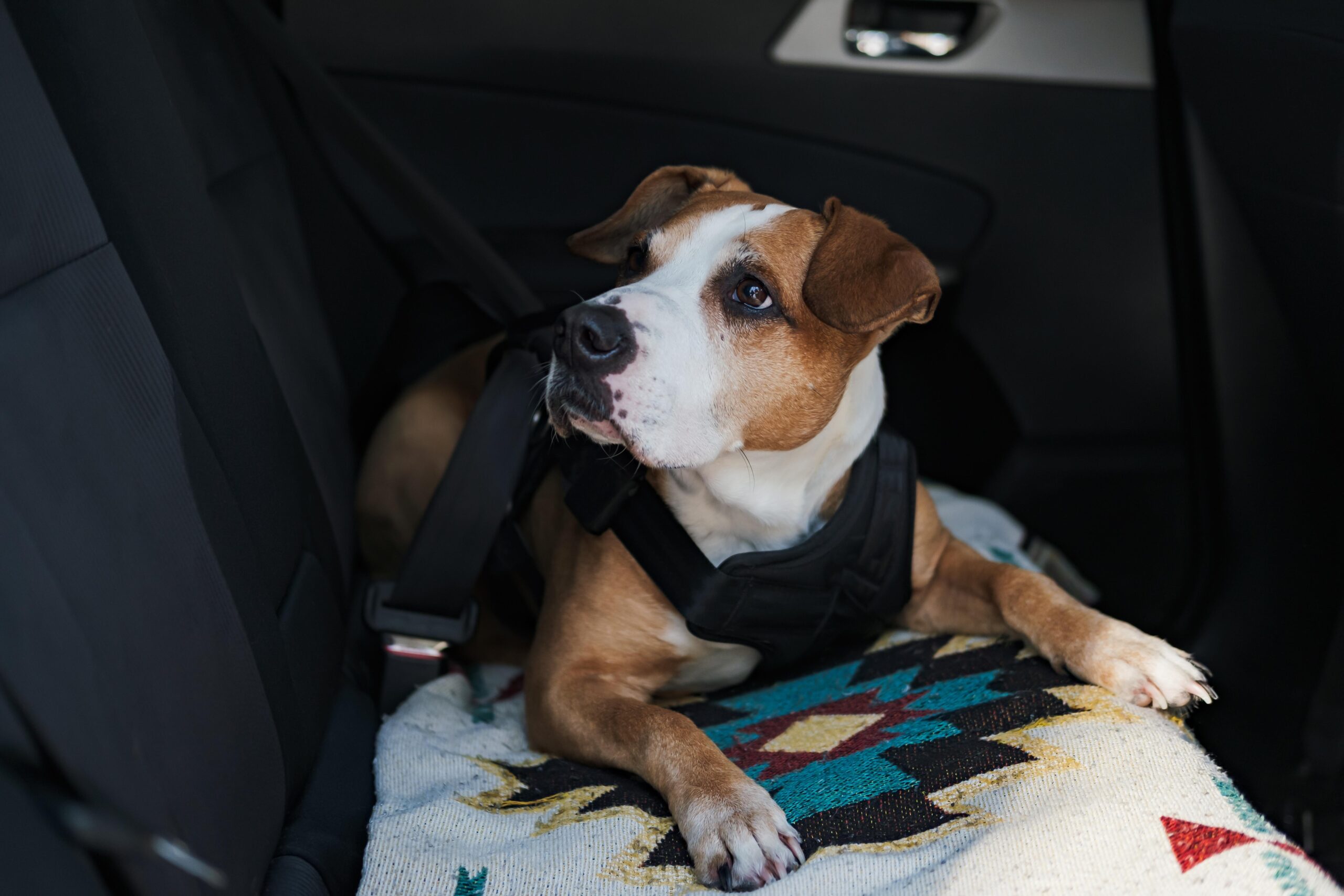
How to help reduce stress in kennelled dogs.
Going on holiday or away for a few days can be a fun and enjoyable experience for us. If we are not able to take our dog with us then most of use boarding kennels as an alternative. Boarding kennels offer a secure way to ensure your dog is kept safe and looked after while you are away. However, dogs can find them stressful and challenging environments at times. Boarding kennels and pet hotels are available all over the country. Taking the time to prepare your dog and chose a suitable kennel can vastly reduce stress in kennelled dogs.
Reducing stress in kennelled dogs
Stress and anxiety in dogs can be defined as anything that causes change to your dog, or means it must adapt to new circumstances. Everything that your dog encounters is a stimulus, some of these may trigger emotional or stressful reactions. These stressful situations can then lead to further negative behaviours. Every dog is an individual, some will cope better with these changes than others. Sometimes short-term stress events such as vet visits can actually be beneficial in the long run. Support your dog’s resilience and reduce their stress. This can happen with some pre planning and support to build their skills and flexibility when encountering new and unusual situations.
Kennel stress is often caused by the unfamiliar aspects of a kennel environment. They are in a kennel not running around your living room. They are often far more confined, it’s a noisy place with other dogs around and they are away from the normal routine and smells of home. Kennel stress in dogs can affect them in various ways and show different signs and symptoms. How dogs react to this stress will vary based on their own unique personalities. Some may react with aggression, some may bark or whine, others may hide, retreat, and often eat less or are less responsive. Some dogs can even display repetitive behaviours such as circling, spinning or pacing.
Preparation for using kennels
- It’s important to do your research and get recommendations, if possible, to ensure you pick a reputable boarding kennel. They should be licensed by the local authority.
- If your dog has never been to a kennel before speaking to the kennels in advance is useful. Discuss visits to the kennels so that you and your dog can look around, see the facilities, and consider booking trial visits. Visiting for a few hours can help your dog, and allow you to judge how they will cope. It allows them time to get used to their surroundings so when they are staying for longer its not new and unknown.
- Speak to your kennel about what tools they use and how they enrich your dogs stay to make it a happier and less stressful time. For example, some studies have shown that introducing classical music to a noisy busy kennels can significantly reduce stress for the dogs.
How to help your dog adapt and reduce stress
- If you have a puppy ideally book visits and trial stays while they are young. Short visits early in their socialisation and development allow puppies to build on learned experiences.
- Your dog might find some comfort in familiar smells from home. If possible send them with their own bed, toy or personal item. Check requirements with your kennel.
- Abrupt changes in diet can cause stomach upsets and additional stress to your dog. Either arrange for the kennels to feed their normal food or take it with them.
- Talk to your vet about a health check, make sure they are up to date on vaccinations and otherwise well. If you are concerned about anxiety, then discuss the use of pheromones or calming supplements with your vet. Some have been shown to reduce the severity of stress behaviours in kennels.
Kennelling can be a stressful and uncertain place for your dog but taking the time to prepare them and considering their needs can go a long way to mitigating the serious negative effects of kennel stress.





